+55 11 3151-4511 – Avenida São Luis, 50 – conjunto 172-D – Edifício Itália – 01046-000 – São Paulo – SP – Brasil
About us
The firm was established as a result of its founding partner's vast experience, accumulated over more than 20 years of criminal law practice, delivering a unique, artisanal approach that is committed to the demands of each client. Our activity is grounded in the most updated debates in Brazil and around the world regarding crisis management and the handling of criminal cases in order to ensure optimal results.
Among other posts, Hugo Leonardo was president of the Institute for the Defence of the Right to Defence and served as National Councillor for Criminal and Penitentiary Policy, a body of the Ministry of Justice, having participated in major operations in Brazil and abroad, as well as in key legislative debates.




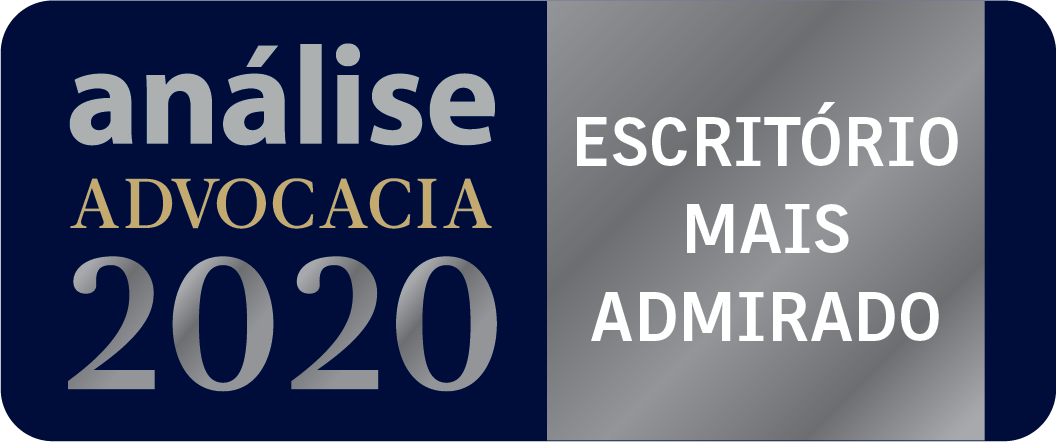



PRACTICE AREAS
Our firm handles major conflicts primarily focused on the criminal area. It assists natural and legal persons in legal proceedings, police enquiries, defensive investigations, parliamentary commissions of enquiry, compliance, internal investigations and corporate and government crisis management, with the purpose of minimising reputational damage and the incidence of repressive sanctions in various spheres.
The great complexity of economic relations has also demanded special attentiveness within the processes of buying and selling companies, mergers and corporate reorganisations, as well as contracts with public authorities, always with an eye to preventing litigation and diluting criminal risk.


LAWYERS


CONTACT US
hugo@hugoleonardo.adv.br
+55 11 3151-4511
Avenida São Luis, 50 – conjunto 172-D
Edifício Itália – 01046-000 – São Paulo – SP – Brasil





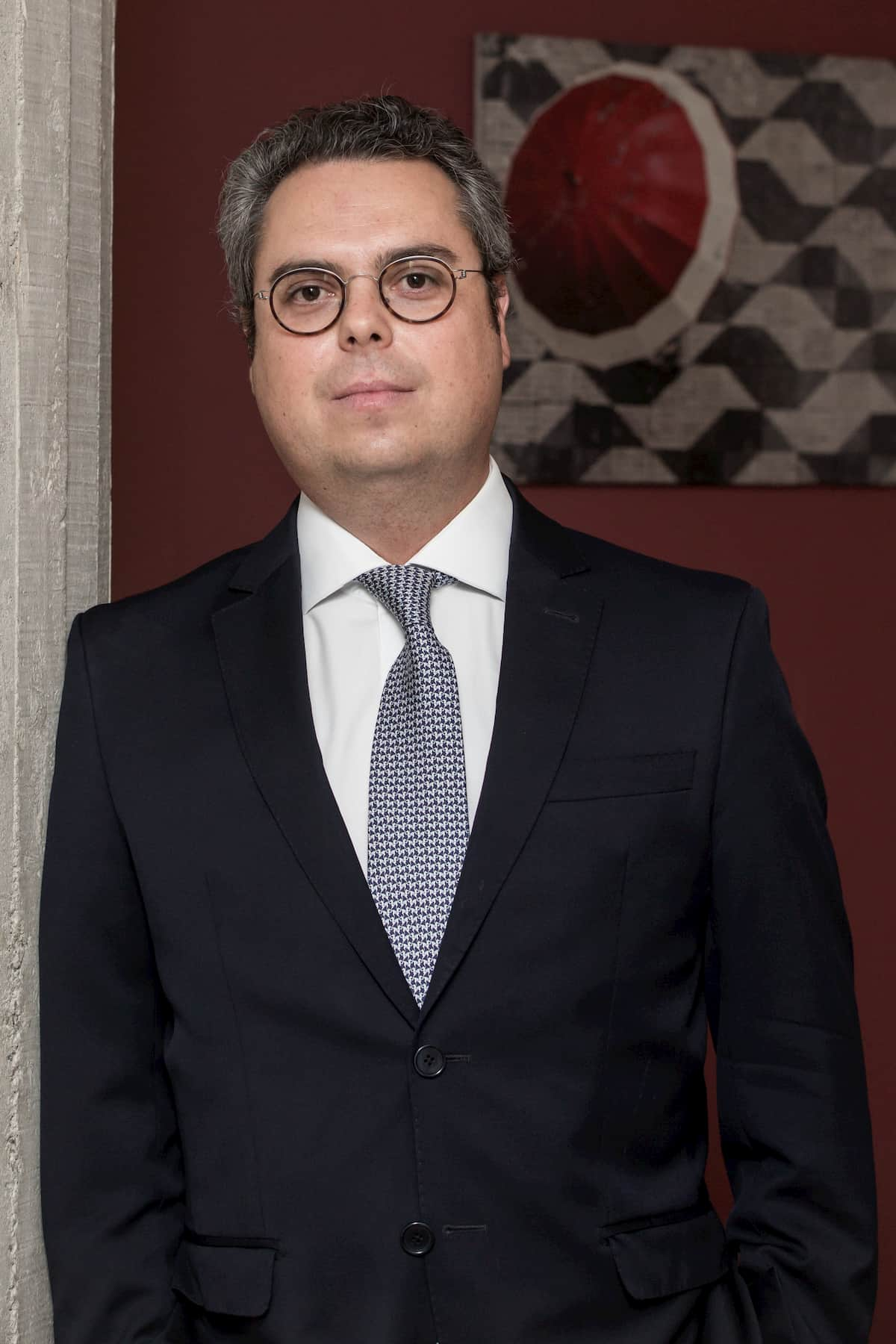 Hugo Leonardo
Hugo Leonardo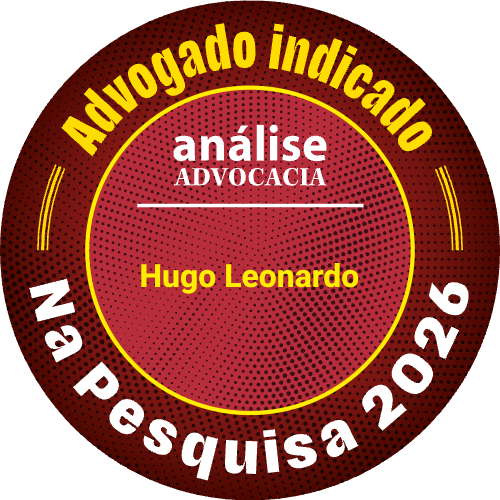
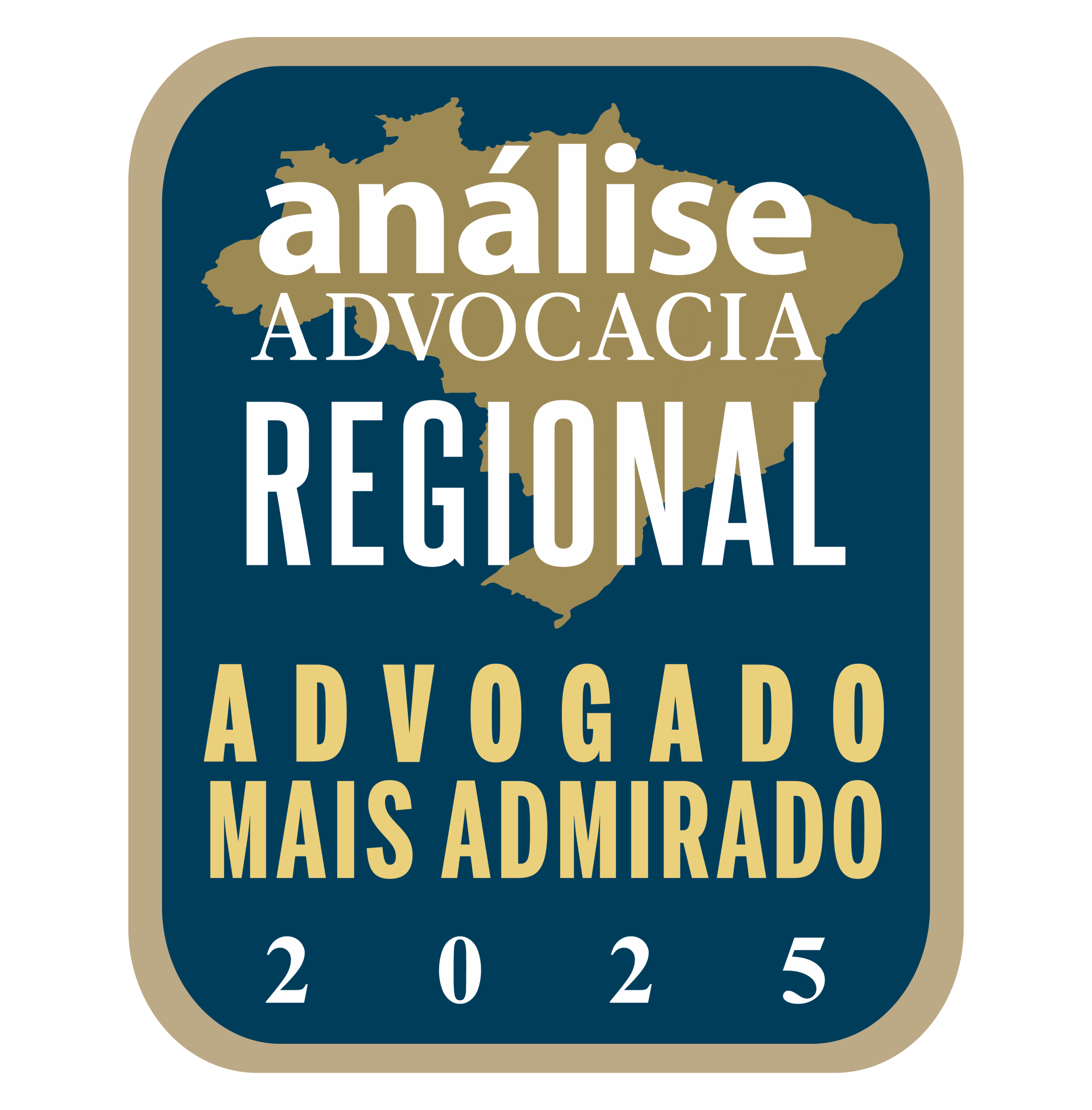
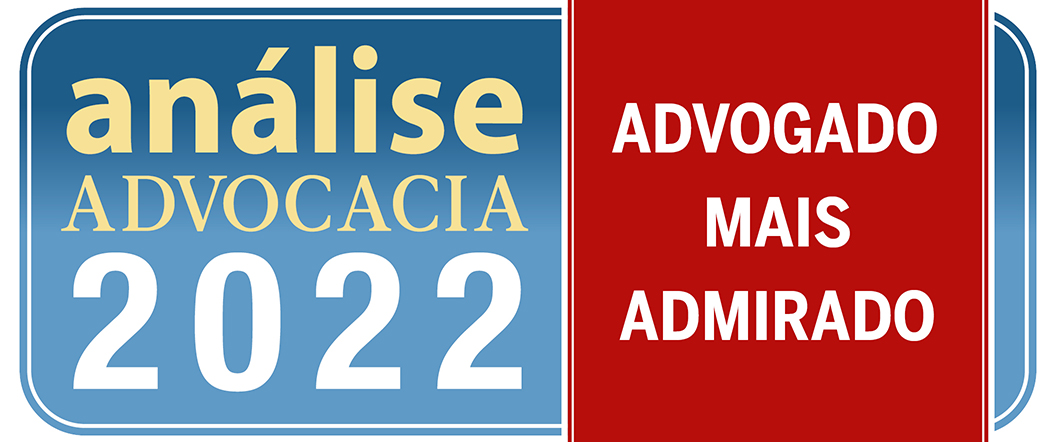
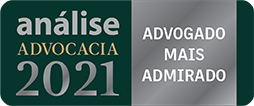


 Jaqueline Furrier
Jaqueline Furrier
 Fabiana da Costa Eduardo Logullo
Fabiana da Costa Eduardo Logullo Marcelo Pucci Maia
Marcelo Pucci Maia
